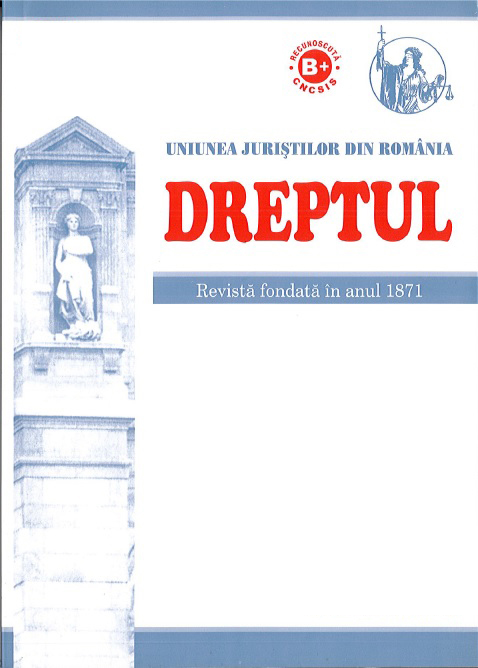Any attempt in the sphere of the humanities to characterize and explain the man in his individuality, but also in the social existential context relates also to the problem of freedom. Freedom is essentially related to the human being, but also to the existential phenomenality of man.
Man is the only being whose fundamental ontological dimensions are freedom and spirit. In this study, the authors briefly analyze the concept of freedom not only as a moral value or category, but especially as an ontological dimension of man. In this way, the distinction is made between the ontological freedom and the legal freedoms established or recognized by means of legal norms by the state. The legal freedoms are a phenomenal expression of human existence, whose legitimacy and ground are conferred by the ontological dimension of human freedom. In this context, there are analyzed the main characteristics of the legal freedoms and the practical importance of the ontological meaning that must be found in the freedoms established by law.


